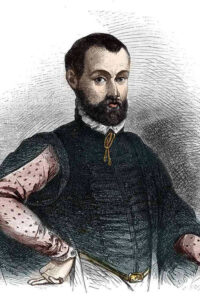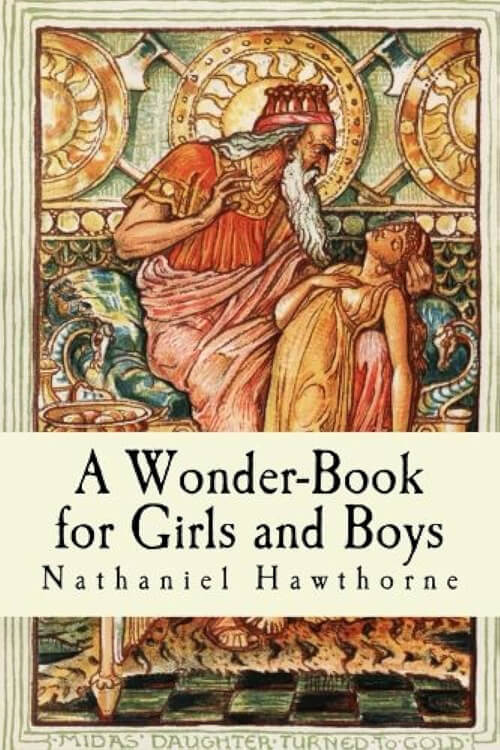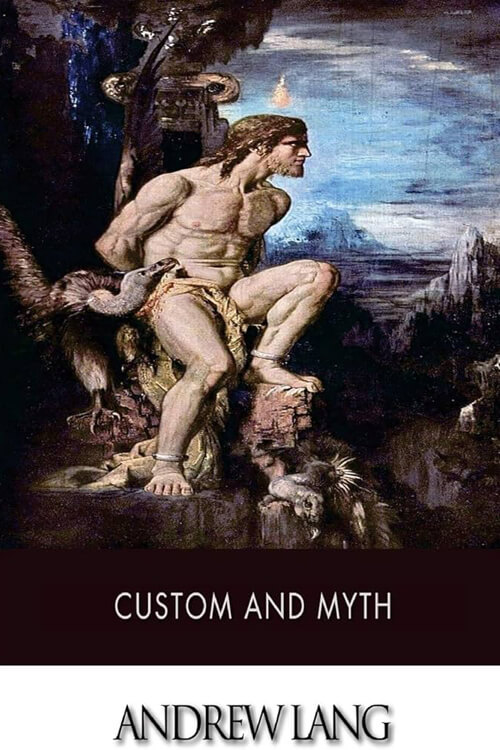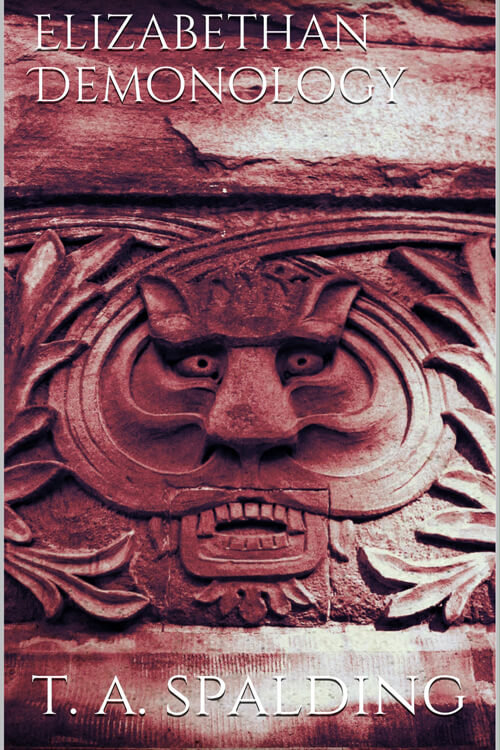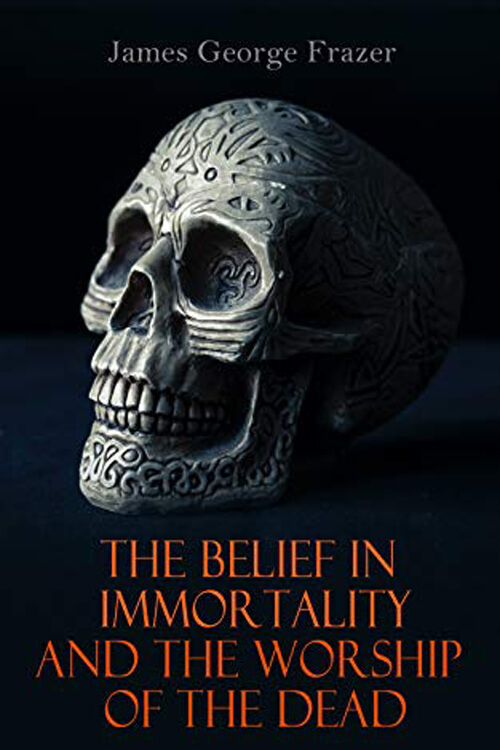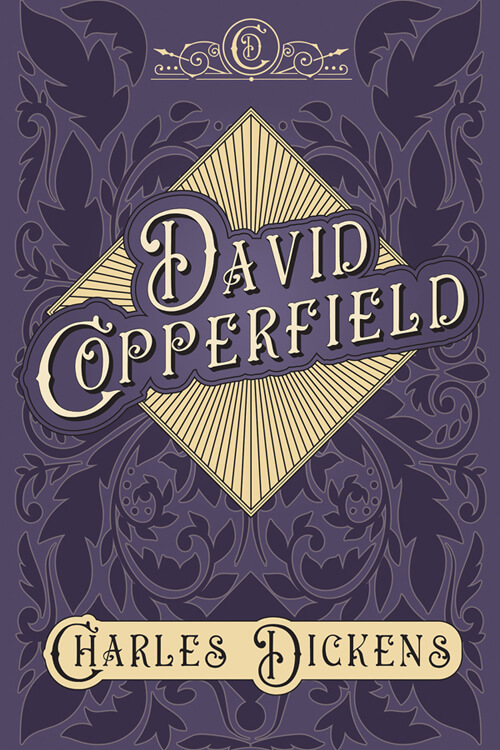
The Prince
Princes who rise to power through their skill and resources (their “virtue”) rather than luck tend to have a hard time rising to the top, but once they reach the top, they are very secure in their position. This is because they effectively crush their opponents and earn great respect from everyone else. Because they are strong and more self-sufficient, they have to make fewer compromises with their allies. Machiavelli writes that reforming an existing order is one of the most dangerous and difficult things a prince can do. Part of the reason is that people naturally resist change and reform. Those who benefited from the old order will resist change fiercely, and those who may benefit from the new order will be less enthusiastic in their support because the new order is unfamiliar. They are not confident it will live up to its promises.
Moreover, the prince can’t satisfy everybody’s expectations. Inevitably, he will disappoint some of his followers. Therefore, a prince must have the means to force his supporters to keep supporting him even when they start having second thoughts; otherwise, he will lose power. Only armed prophets, like Moses, succeed in bringing lasting change. Machiavelli claims that Moses killed uncountable numbers of his people to enforce his will. Machiavelli was not the first thinker to notice this pattern. Allan Gilbert wrote: “In wishing new laws and yet seeing danger in them Machiavelli was not himself an innovator,” because this idea was traditional and could be found in Aristotle’s writings. However, Machiavelli went much further than any other author in his emphasis on this aim, and Gilbert associates Machiavelli’s emphasis on such drastic aims with the level of corruption in Italy.
Read or download Book
Niccolò Machiavelli
Niccolò di Bernardo dei Machiavelli (3 May 1469 – 21 June 1527) was an Italian diplomat, author, philosopher, and historian who lived during the Renaissance.
Biography.
He is best known for his political treatise The Prince (Il Principe), written around 1513 but not published until 1532, five years after his death. He has often been called the father of modern political philosophy and political science. He served as a senior official in the Florentine Republic for many years, handling diplomatic and military affairs. He wrote comedies, carnival songs, and poetry. His correspondence is also important to historians and scholars of Italian correspondence. He worked as secretary to the second chancery of the Republic of Florence from 1498 to 1512, when the Medici were out of power.
After his death, Machiavelli’s name came to evoke evil acts of the sort he advised most famously in his work, The Prince. He claimed that his experience and reading of history showed him that politics have always been played with deception, betrayal, and crime. He also notably said that a ruler establishing a kingdom or a republic and being criticized for his deeds, including violence, should be excused when the intention and the result benefit him.
Machiavelli’s Prince has been surrounded by controversy since it was published. Some consider it to be a straightforward description of political reality. Others view The Prince as a manual, teaching would-be tyrants how they should seize and maintain power. Even recently, scholars like Leo Strauss have restated the traditional opinion that Machiavelli was a “teacher of evil.” Even though Machiavelli became famous for his work on principalities, scholars also paid attention to the appeals in his other works of political philosophy. While much less well known than The Prince, the Discourses on Livy (composed c. 1517) has been said to have paved the way for modern republicanism. His works significantly influenced Enlightenment authors such as Jean-Jacques Rousseau and James Harrington, who revived interest in classical republicanism. Machiavelli’s political realism has continued to influence generations of academics and politicians, including Hannah Arendt and Otto von Bismarck.


